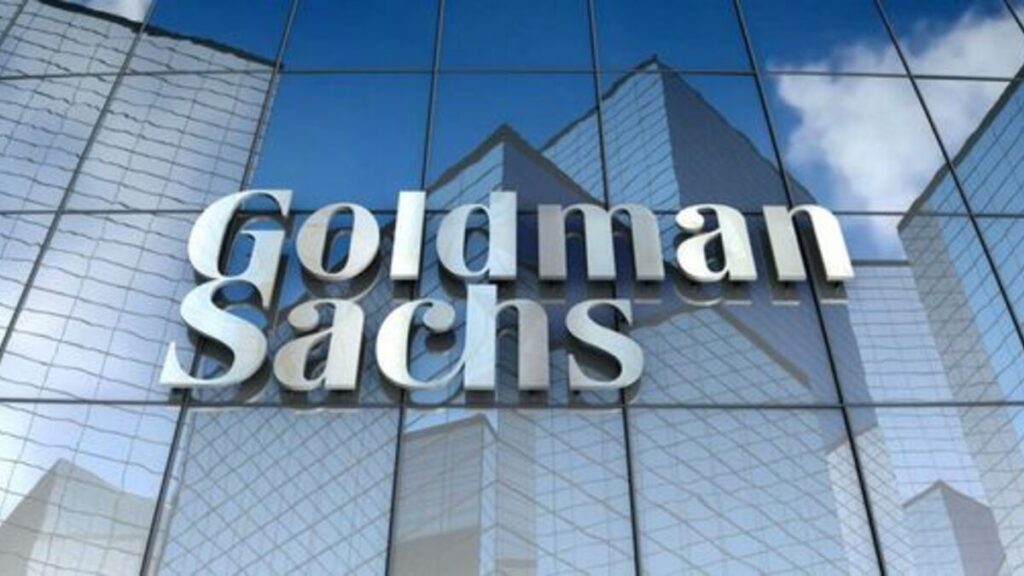Goldman Sachs lowered its odds for a possible U.S. recession to 20% after raising it to 25% some weeks ago.
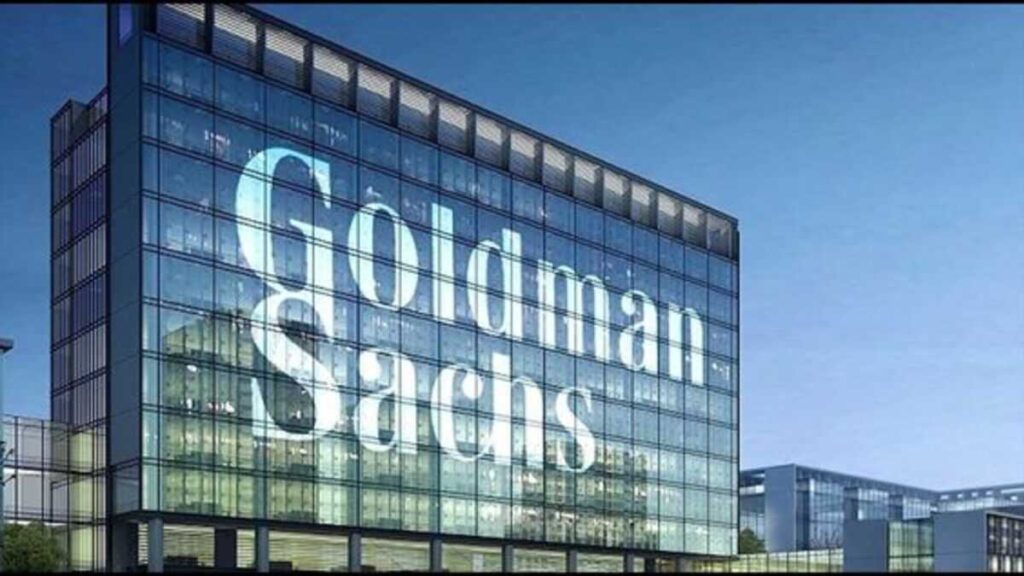
This sudden change came after economists at the investing firm reviewed the latest retail and jobs data and saw a positive change that showed the country has a very high chance of not entering a recession.
Goldman Sachs Cuts Recession Odds
Goldman Sachs has released a new report showing that it has cut the probability of the U.S. falling into a recession in 2024 to 20%. This happened shortly after the investment firm announced that it raised it by 5%, causing people to wonder what caused the sudden change.
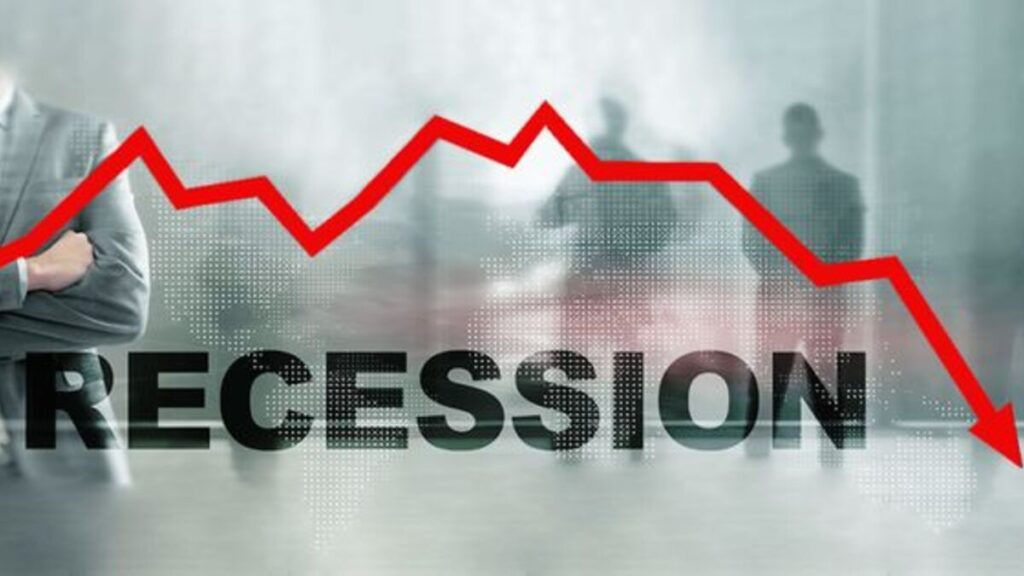
According to reports, new labor market data revealed a reassessment of the firm’s earlier impression of the economy.
Raising the U.S. Recession Odds
Earlier in August, economists at Goldman Sachs raised their 12-month U.S. recession probability by a surprising 10% from 15% to 25%. This was after the July report on U.S. jobs showed that nonfarm payrolls grew by a less-than-expected 114,000.
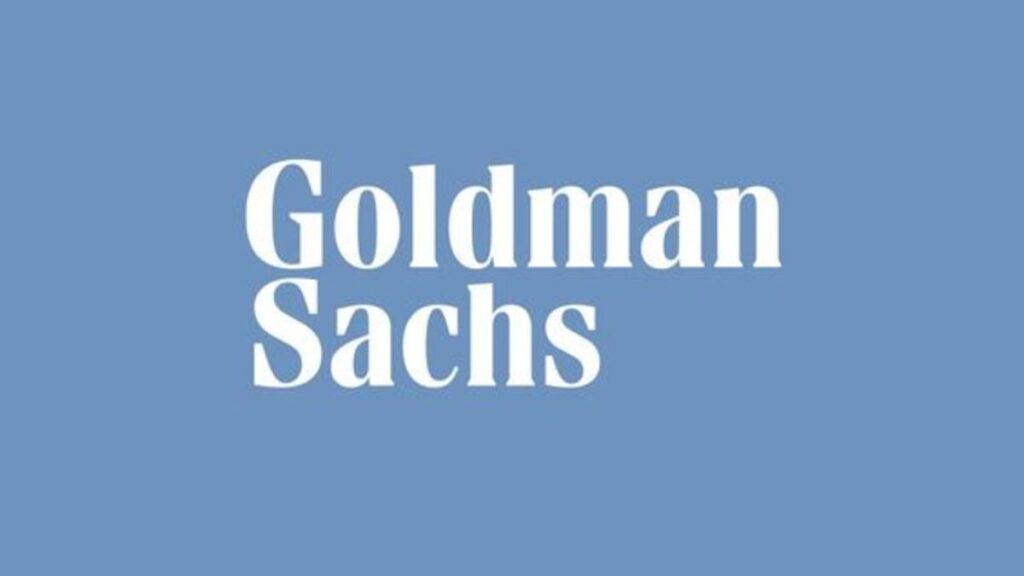
The report revealed on August 2 shows a decline in the job sector. In June, this number was 179,000, also falling short of the 185,000 expectation.
Widespread Worry
As the world’s largest economy, the report triggered widespread concerns about the state of the sector, with more worries growing as the stock market started to fall at the start of the month. According to reports, it also triggered the “Sahm Rule.”
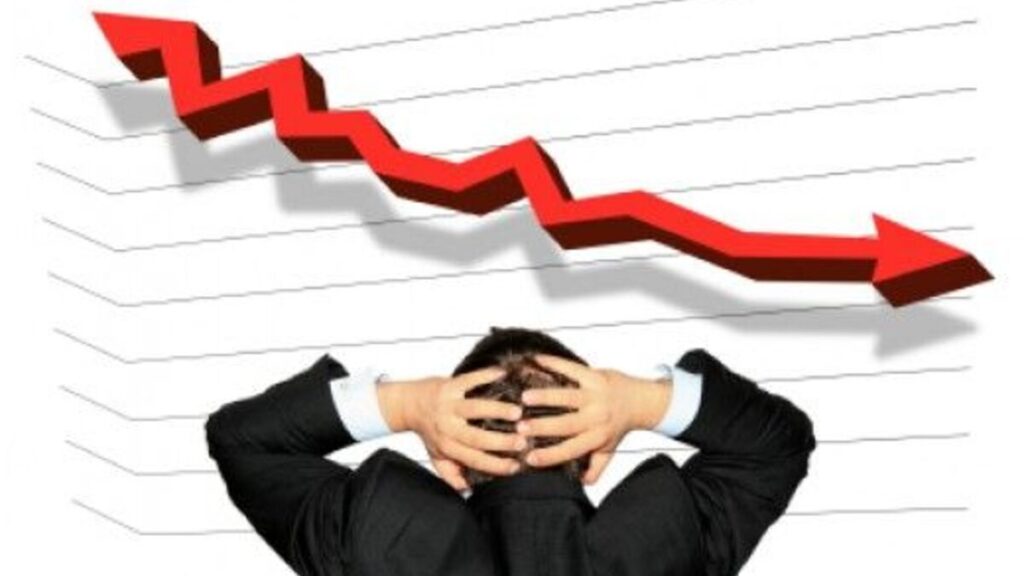
Sahm’s rule is a historical indicator of the initial phase of a recession. It uses the three-month moving average of the country’s unemployment rate when it is at least 0.5% higher than the 12-month low.
ALSO READ: Annual Inflation Rate Eases to 2.9% in July, Hitting Lowest Point Since 2021
Why Did Goldman Sachs Reduce the Probability of Recession in the U.S.?
Sahm’s rule was the initial reason why Goldman Sachs increased the probability of a U.S. recession. Now, the investing firm has changed its stance and reduced these odds to 20% because the report released on August 2 did not show any signs of a possible recession.
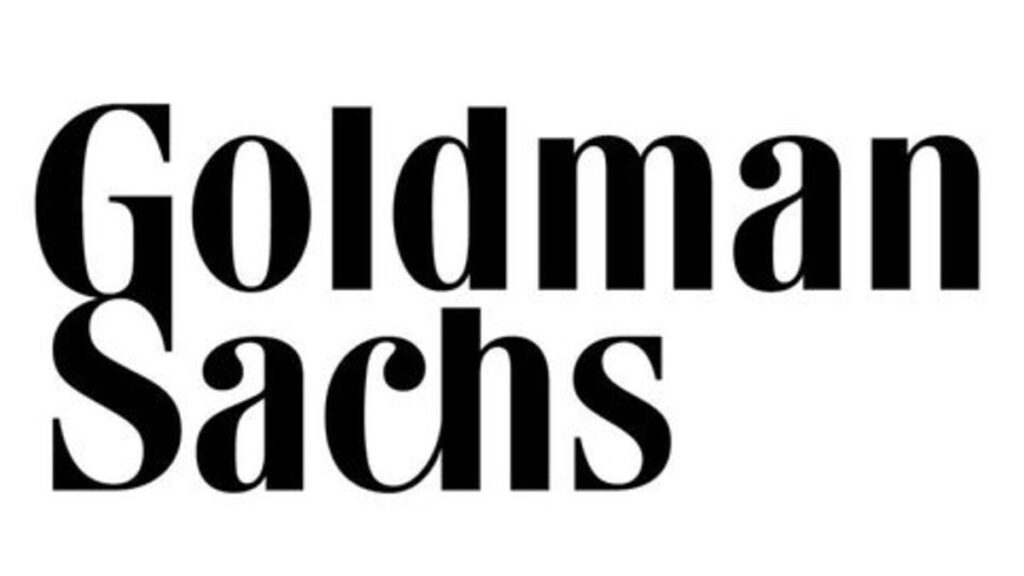
Retail sales for July also rose by 1% after experts predicted nothing higher than 0.3% for the month. Therefore, the state of global stocks also changed to reflect this positive outlook.
Hope for the Country
Goldman economists also noted that even if the unemployment rate has risen, it does not necessarily translate to a recession in the country. This is seen in other countries like Canada, which have a high unemployment rate but no recession in sight.

The economists concluded, “Continued expansion would make the US look more similar to other G10 economies, where the Sahm rule has held less than 70% of the time.”
The Weakening of the Labor Market Can Cause U.S. Recession
Claudia Sahm, chief economist at New Century Advisors and inventor of the “Sahm rule,” says the country is not currently in a recession. She agrees with Goldman Sachs’ assessment that the U.S. recession will not happen soon.
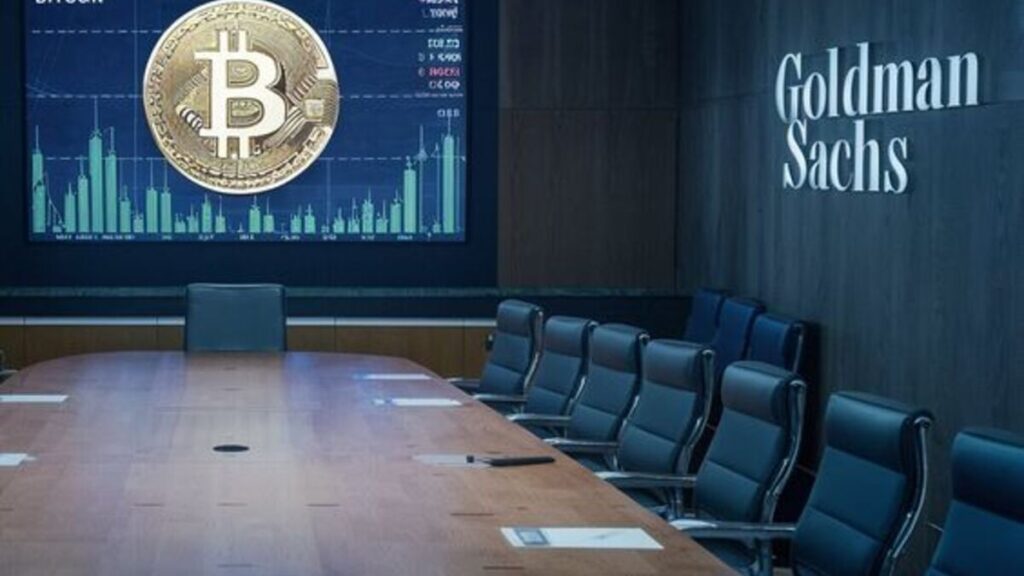
However, she added that a further weakening of the country’s labor market may put it on the path of a possible recession if the appropriate authorities do not take care.
Fears of a Weakening Labor Market
July’s unemployment rate increased to 4.3% from 4.1% in June. This is the highest level of unemployment recorded since October 2021, when the country’s job market was still witnessing serious aftereffects of the COVID-19 pandemic.
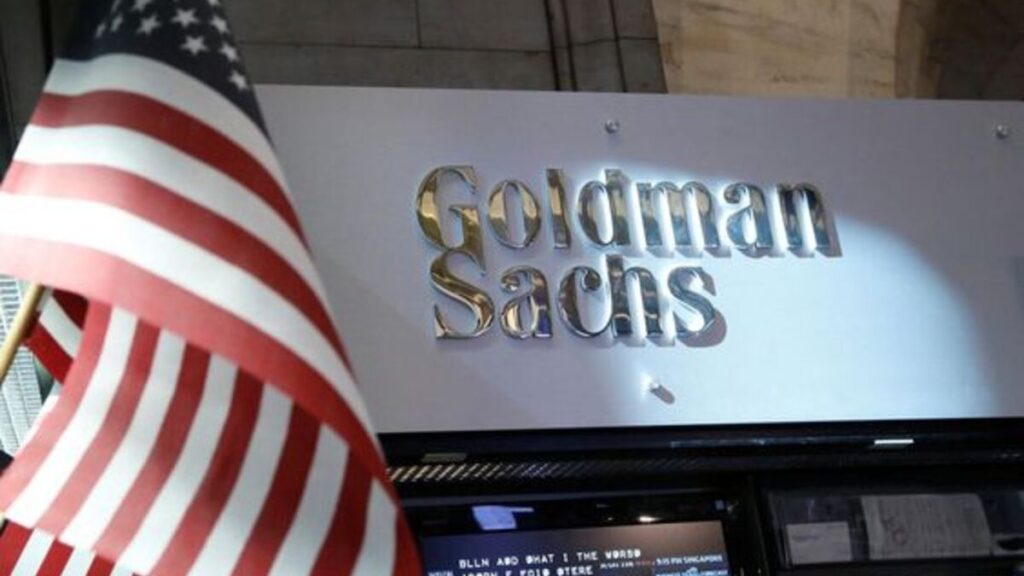
However, if the new jobs report, which will be shared on September 6, is positive, Goldman Sachs’ economists may reduce the percentage again to 15%, which it was previously.
The Federal Reserve’s Cuts
The economists also added that if the upcoming job reports surprise positively, the banking giant is confidently predicting a 25-basis-point rate cut after the Federal Reserve’s September meeting.
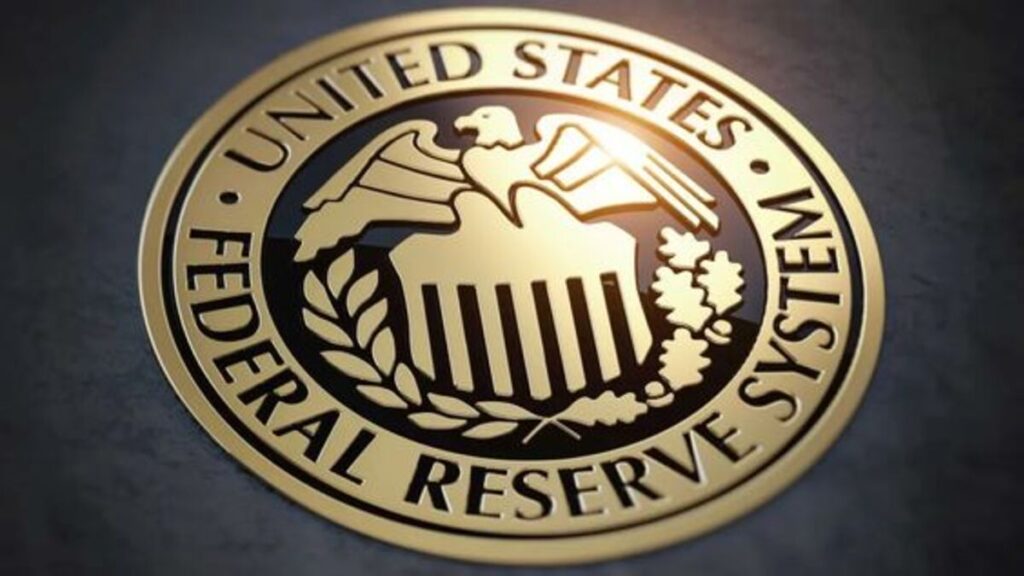
Predictions expect the cut to be at a 50-basis-point, but if the country does not witness poorer job results, there is no need to make it 50. This further shows that there is more hope and less probability for a U.S. recession.
What Happens in a U.S. Recession?
A recession is a bad situation for any economy or country. When this happens, the employment rate in the country drops significantly, and the inflation rate drops a little. The inflation rate does not rise because the demand for goods and services will drop considerably as people are not employed and cannot afford to pay for items.
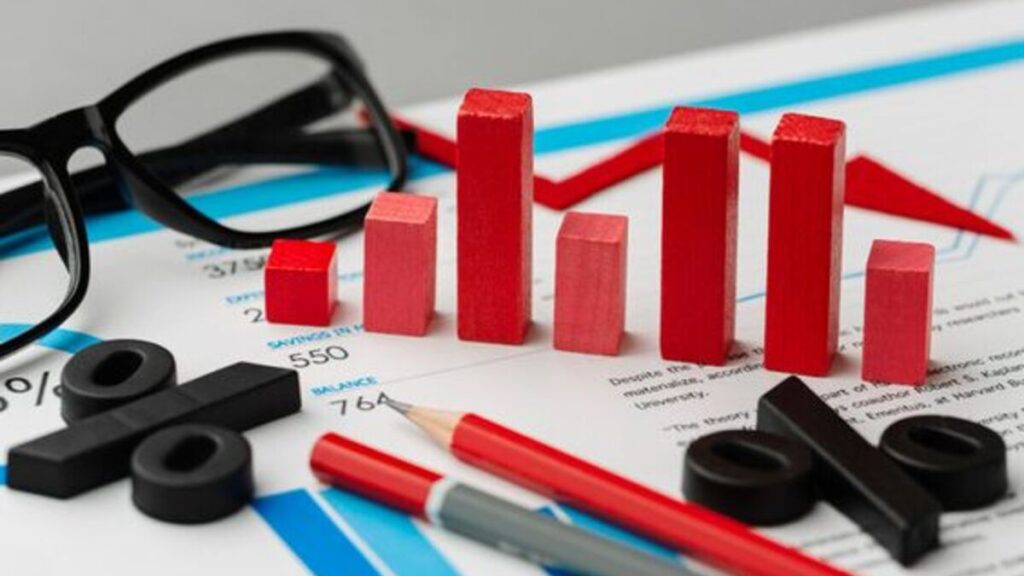
Financial markets will also see a notable decline, with housing and equity values plummeting over a given period of time.
ALSO READ: Walmart Gives Hope Against Possible U.S. Recession Following Home Depot’s Grim Warning
How Does a Recession Affect the Economy?
Recessions greatly affect the economy because all sectors are affected. The unemployment rate will continue to increase as businesses prioritize cutting costs, short-term interest rates will reduce, credit availability will become difficult to obtain, and consumption rates will also decrease.
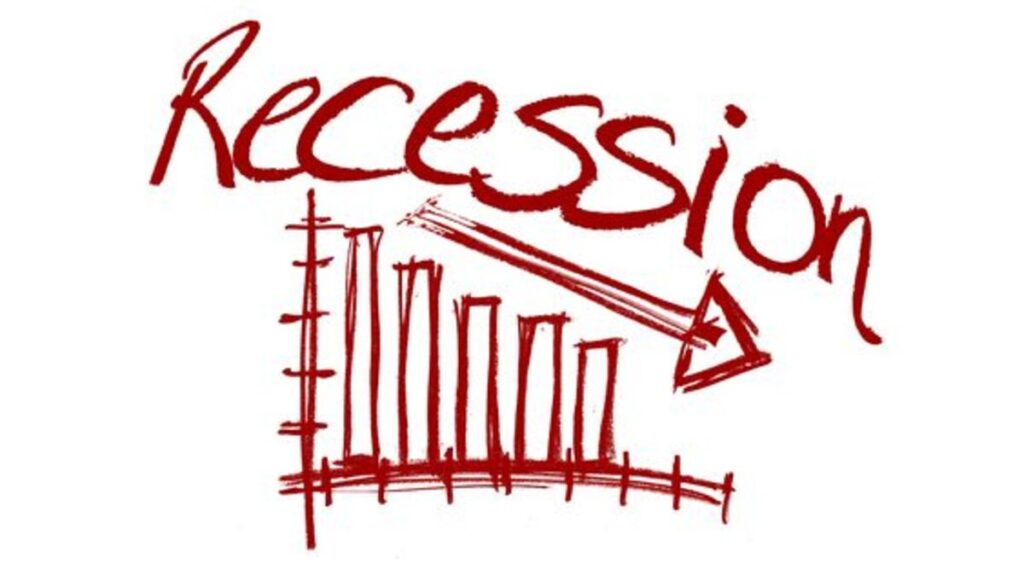
Due to low or no income, people will no longer be able to afford their basic needs, causing the demand for food and other items to decline significantly.
Which Sector Suffers the Most in a Recession?
History shows that the industrial, energy, technology, and financial sectors suffer the most during a recession. In the Great Recession that started in 2007, the finance sector (including the retail industry) and the industrial and energy sectors suffered the most and had the most significant decline.
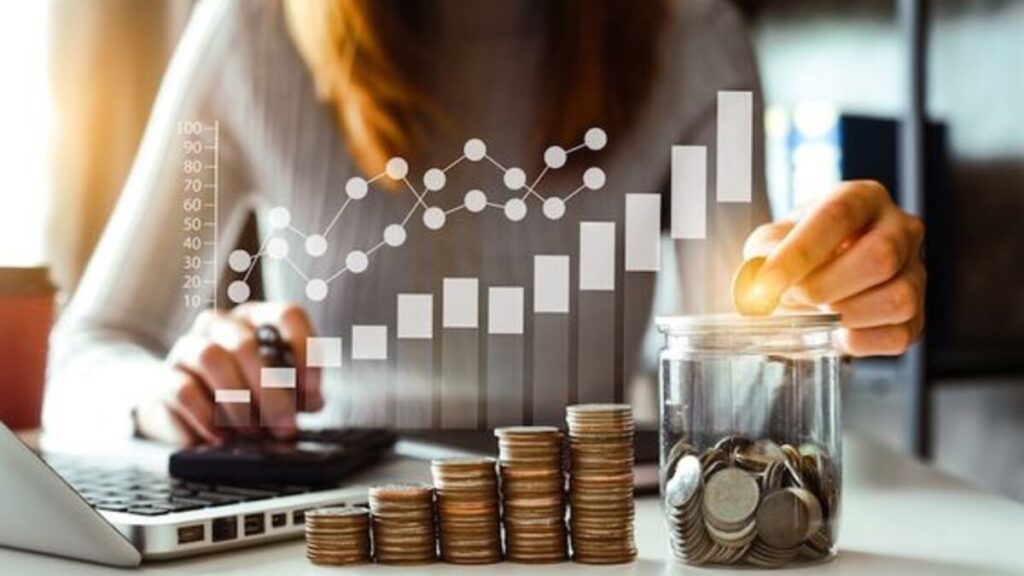
The country’s technological aspect took the biggest hit in the 2001 recession. Therefore, the sector that suffers the most can change with time.
How To Survive a Recession?
During a recession, many parts of the economy are at risk. Therefore, the best way to survive is to make informed financial decisions. When a country’s economy is in recession, the risks associated with finances and other sectors increase greatly, and one has to be very smart while making decisions.
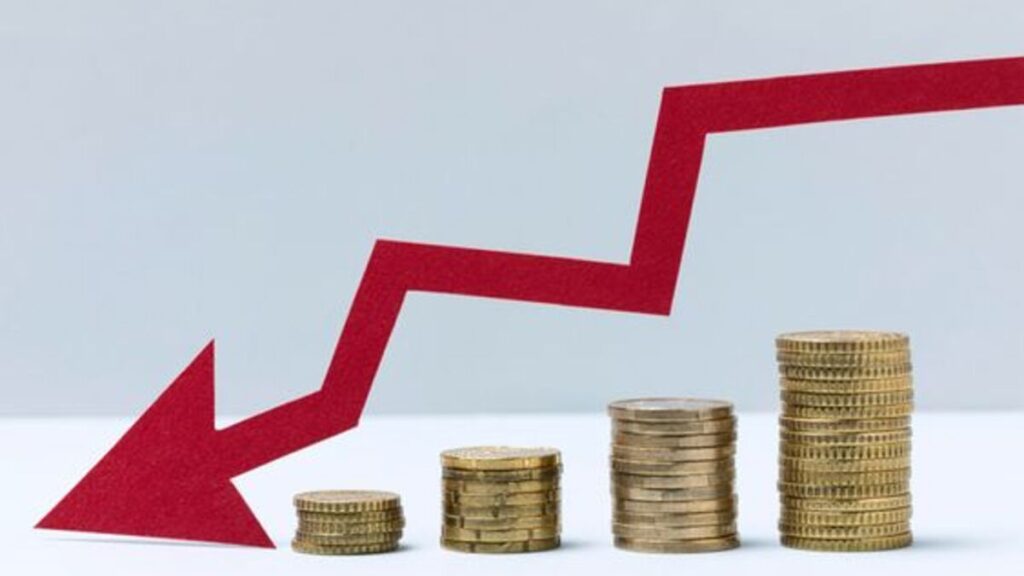
Avoid co-signing a loan, taking on new debt, or taking out an adjustable-rate mortgage (ARM), as these activities pose higher risks during recessions.
You Might Also Like:
Warren Buffett Makes a Curious Move With His Apple Stock Holding
Walmart Announces Price Reductions—But One Key Area Remains Unchanged
Costco Increases Membership Fees for the First Time Since 2017
Harris Introduces “Opportunity Economy” Focused on Reducing Food, Housing, and Family Costs
Jamie Dimon Advocates Using ‘Buffett Rule’ to Tax Millionaires and Address National Debt

